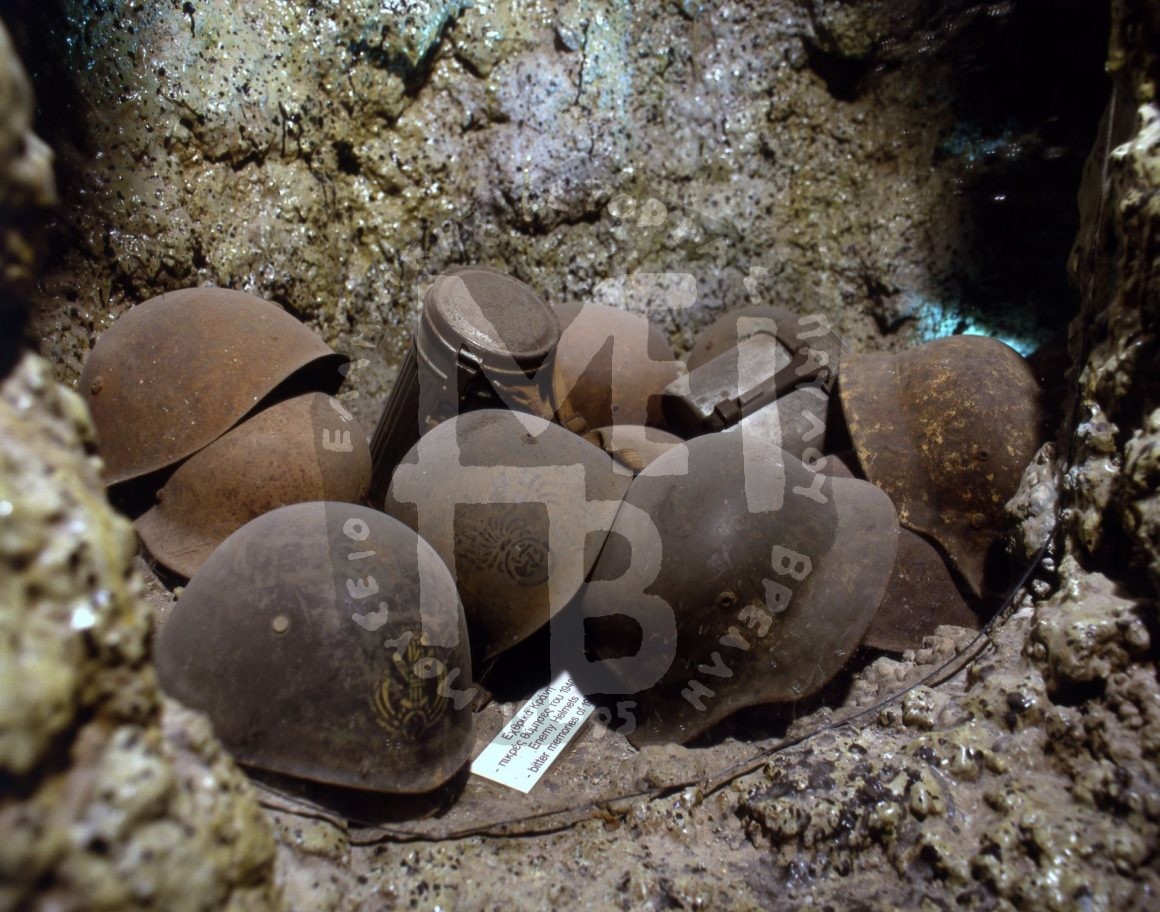“We, the 8 million Greeks, in 1940 we said ‘NO’ to the 130 million Italian and German who wanted to enslave us. It was a mature and familiar word, repetition of the ancient ‘come and take’, the Byzantine ‘never shall we yield the City (Constantinople) to the barbarians’, or as Rigas Fereos wrote in ‘Thourios’: ‘One hour’s freedom is better than forty years in slavery’. Greece is not just a glory from the past; its life is continuous and incessant. It changed European History. France with 50 million resisted for 30 days only; Poland’s 30 million resisted 15 days; Greece’s 8 million, on the other hand, put up resistance for 216 days.
The Italian fascism didn’t get through. It went away with the famous battle cry ‘Αέρα’ meaning ‘air’ and it vanished into thin air. The Italian military critic Amedeo Tosti, in his book ‘The war that shouldn’t have happened’ wrote: ‘This expedition was prolonged for six months, it took and tired out some 30 Italian Divisions with 700,000 men, 90,000 animals, 17,000 cars and it cost us some 14,000 killed, 20,000 hostages and missing in action, 18,000 crippled by frostbites. These casualties and waste were distressing and it was meant to burden severely the further development of the operations’. Other sources reported that the killed were 11,123, the wounded 26,280 and the missing 22,413. This report counted the Italian casualties from November 1940 to April 1941.
The attack was unprovoked. Greeks’ counterattack was utterly unexpected since they managed to paralyze some of the enemy’s vehicles, endure the heavy winter and drive off the Italians deep in Albania. It was then that the Eighth Division had too great the burden of responsibility and made the biggest sacrifices. We, nowadays, can see through their deeds, worthy examples of proverbs like the ancient one: ‘The fairest auspice is to defend your country’ or the one of the poet Andreas Kalvos: ‘It is virtue and boldness that Freedom requires’.
We were not defeated. We were conquered. Now we are Free!
Next to the symbolic theme of Bizani, there is this small room devoted to the great meaning of the two ‘NO’. Ruins like these can be found here and there all over Greece.
This room is made of cement and gravel added little by little so as to stick on the bricks and form the desirable sizes.
Up and right we see an excerpt of a command of the Eighth Division on October 10, 1940.”

